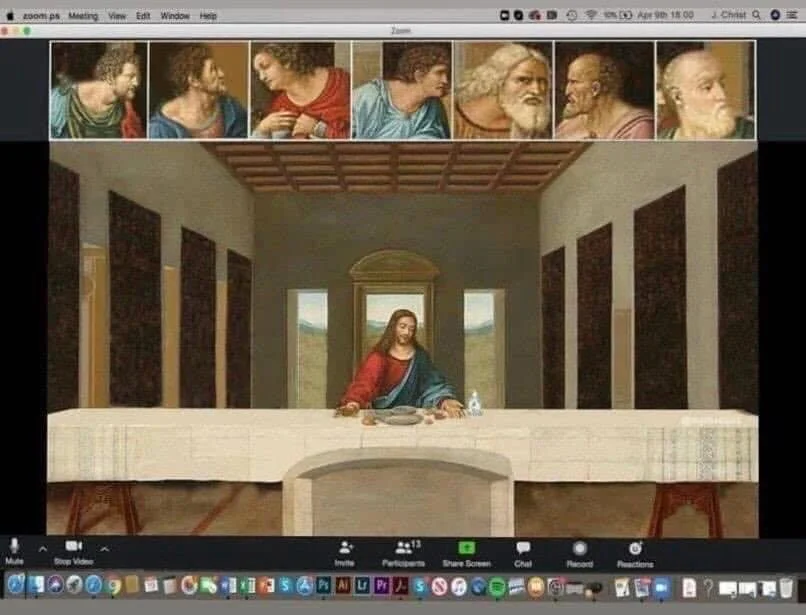Want to know how to cause a church split?
The deepest fault lines – sex, money and pride – have been obvious for centuries, said Archbishop Kanishka Raffel of the Anglican Diocese of Sydney, Australia.
"We use nationality or age or gender or wealth or clothing or accent or profession or politics – to show off and communicate who we are and what sort of person we will or will not engage with," said Raffel, who was born in London, of Sri Lankan descent, and raised Buddhist.
"God's people are frail and very human. We bear the marks of weakness and humiliation. We can be loveless, faithless, tolerant of the intolerable and wretchedly self-satisfied. … God is angry about the abuse of people that comes through sexual immorality, greed and hateful, deceitful and cruel speech. We are not surprised."
For decades, he acknowledged, the 42 churches in the Anglican Communion have been rocked by divisions over biblical authority and colonial-era ecclesiastical structures – with LGBTQ disputes grabbing headlines.
During the recent Global Anglican Future Conference, held in Kigali, Rwanda, Raffel was one of several bishops – 315 attended, from 52 nations – who stressed that traditionalists now need to look forward. It's time to focus on life in their rapidly growing churches, while dedicating less time and energy to clashes with declining churches in England, America, Canada and elsewhere.
This will, Raffel stressed, require looking in the mirror.
"We have been engaged in decades long conversation about sexual immorality. But we have often focused on one form of sexual sin, to the neglect of sexual sins which perhaps are more common among us and just as displeasing to God," he said. "How many women ... have shed rivers of tears over the way their sexuality has been misused by others? I suppose it would be millions. There is a self-serving blind spot of which we must repent, a log in our own eyes with which we are yet to deal. Lord, have mercy."





